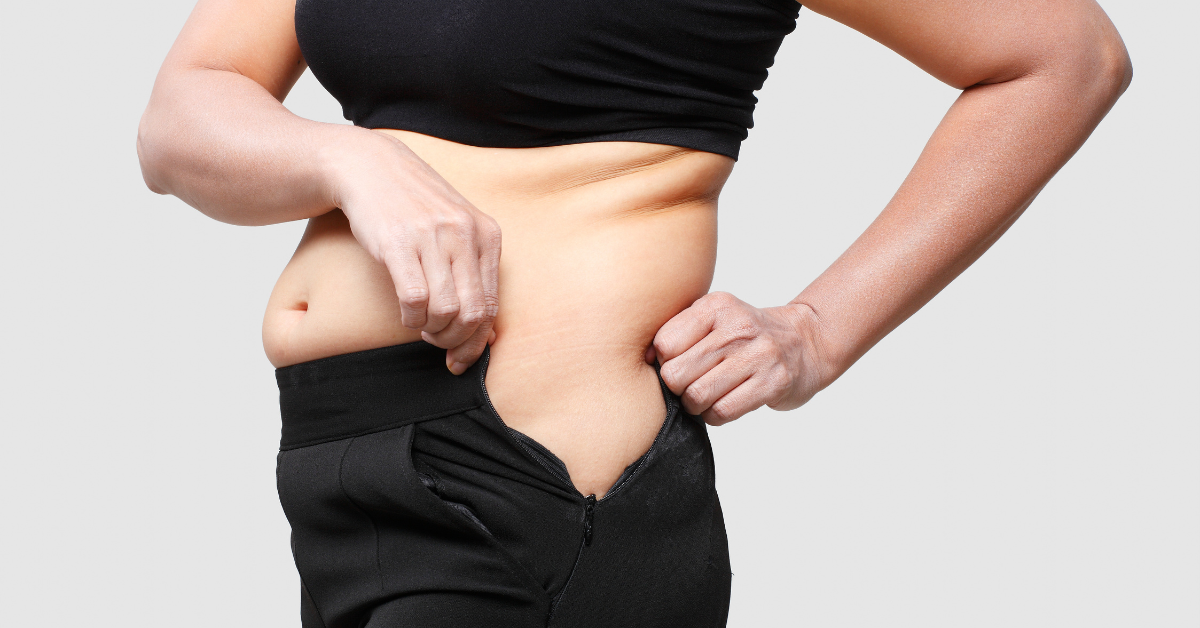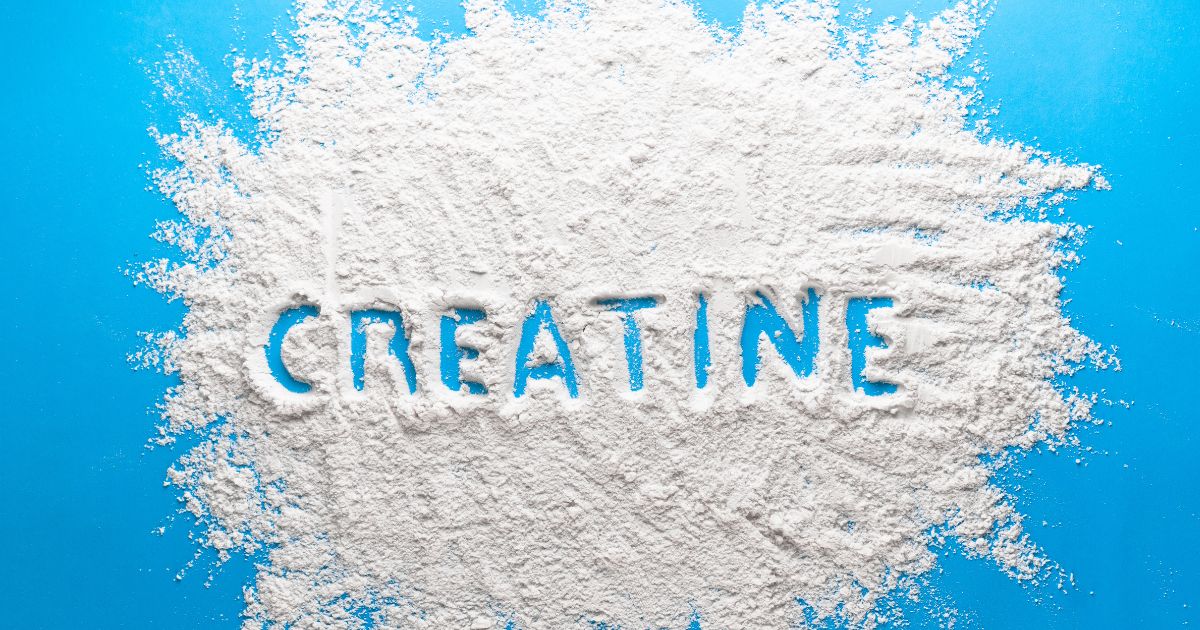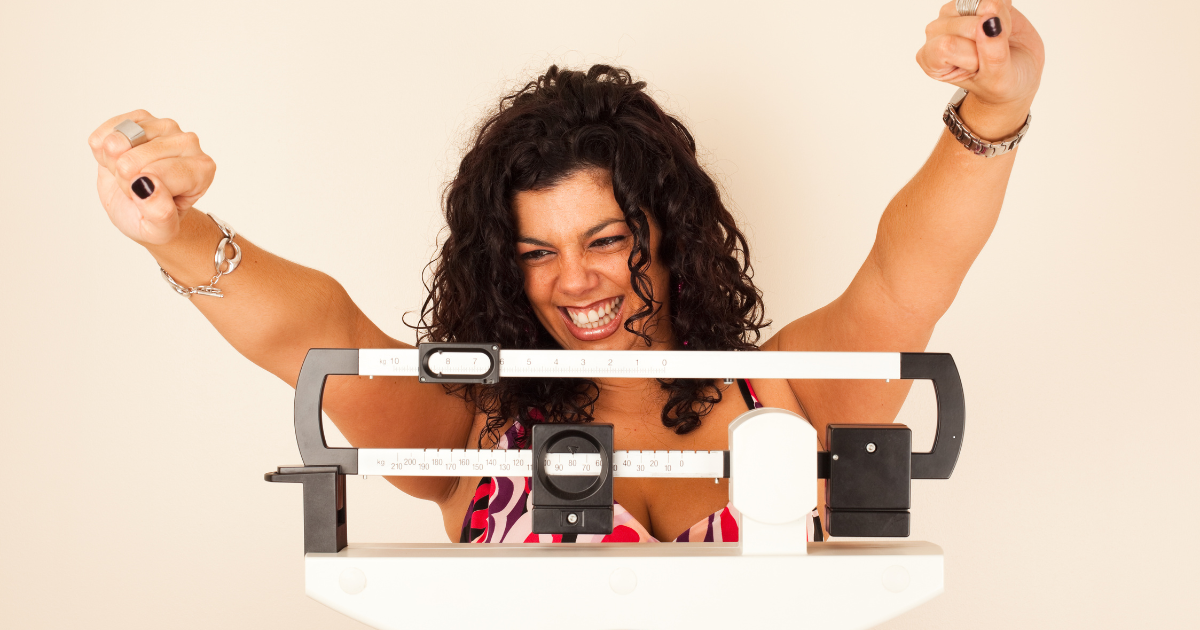Ladies, have you noticed it’s getting harder to shift weight as you age?
You might find yourself:
-
Gradually gaining weight, especially stubborn belly fat that seems impossible to lose.
-
Wearing clothes that hide your body instead of outfits you love.
-
Experiencing mood swings and feeling like something just isn’t right.
-
Struggling to lose weight despite eating very little.
All you want is to feel sexy, confident, and comfortable in your skin again.
I’ve been there. In my late 30s, during a stressful period of my life, I felt exhausted. I lacked the energy to exercise, and despite my best intentions, I craved sugar and relied on coffee just to get through the day. My cortisol levels were critically low, and my oestrogen was sky-high — a hormonal disaster that left me feeling awful.
This was my wake-up call. I realised how profoundly hormones affect our moods, energy, sleep, and digestion. Factors like ageing, stress, poor nutrition, and lifestyle habits all play a role.
When your hormones are out of balance, no amount of dieting or exercise will lead to sustainable weight loss.
Today, I’m sharing my top tips for balancing hormones and beating hormonal weight gain.
Understanding the Hormones Behind Weight Gain
Hormones are powerful regulators of many bodily functions. Let’s break down the key players affecting weight, mood, energy, sleep, and digestion:
Cortisol – The Stress Hormone
Cortisol releases glucose into the bloodstream, giving you the energy to handle stress. In ancient times, this was useful for escaping predators. Today, constant stress causes excessive cortisol and glucose, leading to elevated blood sugar. The body stores the excess as fat — often around the belly.
Surprising source of stress: Even too much exercise or a chronically busy schedule can elevate cortisol.
Insulin – The Fat Storage Controller
Insulin helps glucose enter cells for energy. A diet high in sugar and processed carbs leads to insulin spikes and can cause insulin resistance, increasing fat storage and raising the risk of Type 2 diabetes.
Serotonin – The Happy Hormone
Low serotonin affects mood, appetite, and sleep. Signs of deficiency include poor memory, anxiety, and sugar cravings.
Boost serotonin: Exercise, sunlight, and gut health improvements can increase serotonin production.
Thyroid Hormones – Metabolism Regulators
The thyroid controls metabolism, energy, and weight. Low thyroid function can cause fatigue, weight gain, and brain fog.
Leptin – Hunger Controller
Leptin tells you when you’re full. High levels of leptin from excess body fat can lead to leptin resistance, leaving you feeling constantly hungry.
Fix leptin resistance: Eat whole foods, fibre, and sleep well.
Testosterone – Muscle and Libido Support
Testosterone maintains muscle mass and energy. Resistance training can combat age-related muscle loss and boost metabolism.
Progesterone – Mood and Menstrual Cycle Support
A drop in progesterone leads to irregular cycles, mood changes, and headaches.
Oestrogen – The Protective Hormone
Oestrogen affects skin elasticity, libido, and mood. Too much oestrogen can cause fat gain and bloating. Avoid xenoestrogens in plastics and cosmetics, manage stress, and eat more fibre for balance.
What Causes Hormonal Chaos?
Hormonal imbalances can occur at any age but become more noticeable in midlife. Many women experience perimenopause, when oestrogen and progesterone levels begin to decline. Prolonged stress and ignoring your body’s needs can exacerbate these issues.
In my 20s and early 30s, I pushed my body hard with endless cardio, extreme diets, and high-intensity exercise, thinking it would keep me lean. Instead, I ended up exhausted and hormonally imbalanced.
Common signs of hormone imbalance include:
-
Fatigue
-
Weight gain
-
Brain fog
-
Cravings
-
Low libido
The key to feeling energetic, losing weight, and feeling fantastic is learning to work with your body rather than against it.
Top Tips to Beat Hormonal Weight Gain
Reduce Stress
Chronic stress disrupts cortisol, insulin, and serotonin balance.
-
-
Do more: Meditation, relaxation, and enjoyable physical activities.
-
Do less: Extreme exercise, constant busyness, caffeine, and sugar-laden foods.
-
Eat a Nutrient-Dense Diet
Include healthy fats, quality proteins, unprocessed carbohydrates, and fibrous vegetables.
Avoid Sugar and Refined Carbs
High-sugar foods and refined carbs spike insulin and contribute to fat storage.
Improve Gut Health
-
-
Try fermented foods: Sauerkraut, kimchi, kefir.
-
Add bone broth: Supports gut lining and immunity.
-
Include Regular Exercise
Choose activities that energise and leave you feeling good. Resistance training builds muscle and boosts metabolism.
Prioritise Quality Sleep
Aim for 7-9 hours of consistent, restful sleep.
Actions You Can Take Right Now
-
Balance Cortisol – Incorporate relaxation and meditation into your routine.
-
Stabilise Blood Sugar – Eat healthy fats (nuts, seeds, avocado, olive oil), fibre-rich vegetables, and lean proteins. Reduce processed foods and refined carbs.
-
Boost Serotonin – Exercise outdoors, focus on gut health, and eat a variety of vitamins (especially B6 and B12).
-
Address Leptin Resistance – Eat whole, unprocessed foods, improve sleep, and stay active.
Simple, Sustainable Health
The good news is that achieving balance doesn’t mean deprivation. It’s about nourishing your body with nutrient-dense foods, managing stress, and enjoying movement that feels good.
Here’s to feeling fit, lean, and fantastic at every age!
💗Hilds





